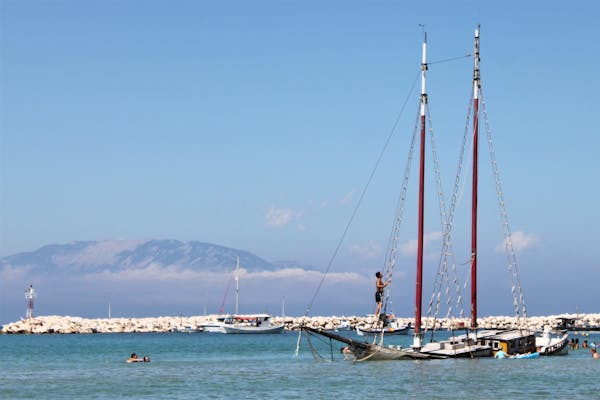TriMet Board approves agency’s first bulk purchase of all-electric buses
TriMet’s Board of Directors accepted local climate actions to lower TriMet’s greenhouse gas emissions, move the agency forward on the highway to a thoroughly clean-strength bus fleet and help make the region’s air cleaner. 
The board handed two resolutions to initiate TriMet’s initial bulk buy of battery-electric buses and develop the use of renewable diesel in the diesel transit service autos. 
Zero-emissions milestone for TriMet’s bus fleet 
With the board’s assistance, TriMet will purchase 24 very long-vary battery electric, zero-emission buses from California-based bus company GILLIG. The expense is estimated at $26.7 million dollars and signifies the largest financial investment in electric bus technological know-how to date. This is a vital milestone to transitioning to a zero-emissions bus fleet by 2040. The buses in this initial bulk acquire of all-electric buses will be extended-vary buses, with the purpose to journey concerning 150 and 200 miles on a one demand. They will start off arriving in drop 2023. 
“Transitioning absent from diesel wholly will acquire time as electrical and other zero-emission sources carry on evolving, but now is the time to invest in this emerging know-how,” said TriMet Common Manager Sam Desue Jr. “As transit is a essential portion of the option to weather transform, this will maintain TriMet on the forefront of new advances to make improvements to the air we breathe here in the Portland area.” 
TriMet has been screening electrical buses given that early 2019. It is tests 5 brief-variety electric buses from New Flyer, 5 extended-selection electric buses from GILLIG and four diesel-to-electrical converted buses, such as what is thought to be the world’s first 60-foot, articulated bus converted to 100 per cent electric. 
Renewable diesel fuels much more TriMet autos 
With the board’s authorization, TriMet will deal with Bretthauer Oil Corporation for the cellular fueling of Raise paratransit and WES commuter rail cars utilizing renewable diesel. This deal is approximated at $15.1 million around five several years, starting May well 2022. It will come 5 months right after TriMet switched to renewable diesel for fastened-route buses. Unlike the renewable diesel that is shipped for fixed-route buses and saved in underground tanks, the fuel for Elevate autos and WES trains is put directly into the motor vehicles by themselves from the delivery cars. 
TriMet is working with a blend of 99 p.c renewable diesel and 1 p.c petroleum, known as R99. When renewable diesel is chemically identical to petroleum, it comes with environmental and operational added benefits. Not only does it comprise almost no fossil carbon, it also performs superior in cold temperature. And for the reason that the gas is derived generally from fat, greases and other by natural means reoccurring organic and natural issue, there is far significantly less reliance on refined petroleum. 
Nearly 70 % reduction in TriMet’s greenhouse gasoline emissions 
The go to renewable diesel in fixed-route buses, and now Lift motor vehicles and WES trains, merged with the change to renewable energy in June 2021 for MAX trains and all TriMet-owned amenities, lessens TriMet’s greenhouse gas emissions by nearly 70 per cent. While the very long-time period strategy is to reduce TriMet’s emissions down to web zero by 2050, these actions have an immediate affect for riders and the atmosphere. With these local climate steps, TriMet estimates it will prevent extra than 193 million pounds of greenhouse fuel emissions every single calendar year. That is equivalent to having virtually 19,000 cars off the street, in accordance to the Environmental Safety Company.




